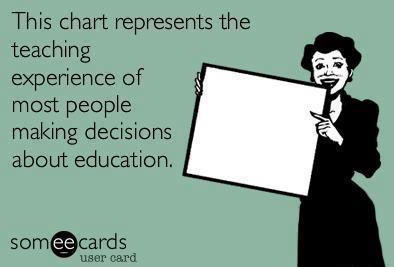Testing Games: I Volunteer, Sir
 The Testing Games: Know Your Odds, Know Your Options. #BeATribute – I Volunteer, Sir
The Testing Games: Know Your Odds, Know Your Options. #BeATribute – I Volunteer, Sir
Here in Florida, our public school students are engaged in what I like to refer to as The Testing Games. Based upon the recent blockbuster, The Hunger Games, I have taken to making comparisons between the battlefield in the movie and the school environment that we have established for our students. The similarities are uncanny.The obvious comparison is the idea that education is some form of competition. We know this concept is a popular one, just based upon the fact that our own US President named his education reform, The Race to the Top. In this race, states are encouraged to create education policies based on test scores. Student promotion, teacher evaluations, and school grades are all based on test scores. Funding is then tied to the student achievement. In simple terms, how well the students race decides how much money the schools get in funding.
Talk about pressure on children. Walking into school on these test days is eerily as overwhelming to students as the anxiety felt by the young warriors headed out to fight inThe Hunger Games.While our students “test for funding”, the warriors in the film had to fight to win food for their district. Just as our students know low test scores can cause them to be retained or to drop out, often ending their academic lives, the young warriors in the movie knew they were also in a fight for their lives.
And, let’s not forget, in our twisted reality, The Testing Games, children are forced into this competitive arena of multiple choice tests as early as kindergarten.
Yes, kindergarten.
I say, enough is enough. So, here is my request to our President:
In The Hunger Games, the main character, Katniss, volunteered to fight in the place of her little sister. She knew her sister was too young and the consequences were too dire. So, in a selfless act of courage, she volunteered herself. Even in this horrible, dystopian world, the characters were Testing Games:








